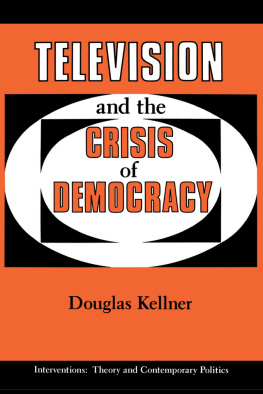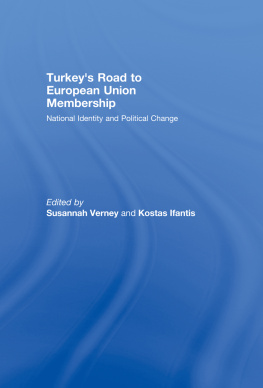Douglas V. Verney - The Analysis of Political Systems
Here you can read online Douglas V. Verney - The Analysis of Political Systems full text of the book (entire story) in english for free. Download pdf and epub, get meaning, cover and reviews about this ebook. year: 2013, publisher: Routledge, genre: Politics. Description of the work, (preface) as well as reviews are available. Best literature library LitArk.com created for fans of good reading and offers a wide selection of genres:
Romance novel
Science fiction
Adventure
Detective
Science
History
Home and family
Prose
Art
Politics
Computer
Non-fiction
Religion
Business
Children
Humor
Choose a favorite category and find really read worthwhile books. Enjoy immersion in the world of imagination, feel the emotions of the characters or learn something new for yourself, make an fascinating discovery.

- Book:The Analysis of Political Systems
- Author:
- Publisher:Routledge
- Genre:
- Year:2013
- Rating:3 / 5
- Favourites:Add to favourites
- Your mark:
- 60
- 1
- 2
- 3
- 4
- 5
The Analysis of Political Systems: summary, description and annotation
We offer to read an annotation, description, summary or preface (depends on what the author of the book "The Analysis of Political Systems" wrote himself). If you haven't found the necessary information about the book — write in the comments, we will try to find it.
The Analysis of Political Systems — read online for free the complete book (whole text) full work
Below is the text of the book, divided by pages. System saving the place of the last page read, allows you to conveniently read the book "The Analysis of Political Systems" online for free, without having to search again every time where you left off. Put a bookmark, and you can go to the page where you finished reading at any time.
Font size:
Interval:
Bookmark:


| I | The American Science of Politics | Crick |
| II | The Analysis of Political Behaviour | Lasswell |
| III | The Analysis of Political Systems | Verney |
| IV | Central European Democracy and its Background | Schlesinger |
| V | The Decline of Liberalism as an Ideology | Hallowell |
| (The above title is not available through Routledge in North America) | ||
| VI | Democracy and Dictatorship | Barbu |
| VII | Dictatorship and Political Police | Bramstedt |
| VIII | Federalism in Central and Eastern Europe | Schlesinger |
| IX | History of Socialism | Laidler |
| (The above title is not available through Routledge in North America) | ||
| X | How People Vote | Benney et al |
| XI | The Logic of Liberty | Polanyi |
| (The above title is not available through Routledge in North America) | ||
| XII | Pacifism | Martin |
| XIII | Patterns of Peacemaking | Thomson et al |
| XIV | Plan for Reconstruction | Hutt |
| XV | Politics of Influence | Wootton |
| XVI | Politics of Mass Society | Kornhauser |
| (The above title is not available through Routledge in North America) | ||
| XVII | Power and Society | Lasswell and Kaplan |
| (The above title is not available through Routledge in North America) | ||
| XVIII | Process of Independence | Mansur |
DOUGLAS V. VERNEY

by Routledge
by Routledge
ISBN 9780415178204
ISBN 9780415178389
Font size:
Interval:
Bookmark:
Similar books «The Analysis of Political Systems»
Look at similar books to The Analysis of Political Systems. We have selected literature similar in name and meaning in the hope of providing readers with more options to find new, interesting, not yet read works.
Discussion, reviews of the book The Analysis of Political Systems and just readers' own opinions. Leave your comments, write what you think about the work, its meaning or the main characters. Specify what exactly you liked and what you didn't like, and why you think so.










